A guide to Barcelona’s beaches
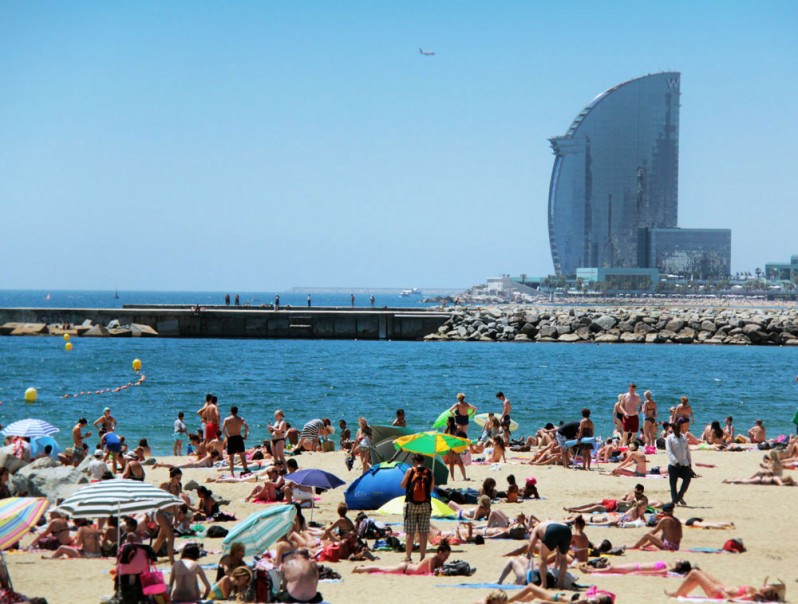
Even without its beaches, Barcelona would be one of Europe’s coolest destinations thanks to its groundbreaking food scene, unique architecture and legendary nightlife. But the cherry on the sundae is the three-mile strip of nearly continuous golden sand, which is so wired into its heart that it’s like the entire city’s backyard.
Sun, sea and the open road: an American fly-drive for beach fans

Want an ocean drive? Visit some of the best beaches in the world with a trip to Miami, San Diego and Los Angeles.
Our coastal cemeteries are falling into the sea; By Orrin H. Pilkey & William J. Neal
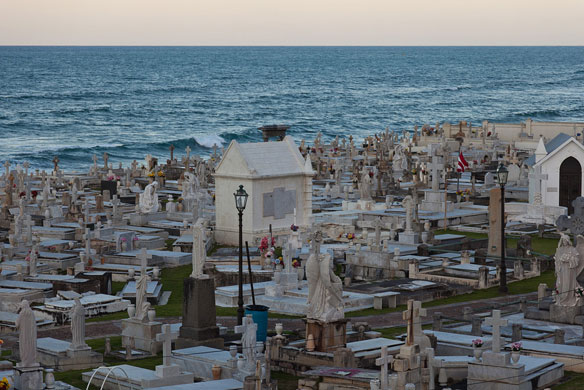
Cemeteries in coastal areas were not located with the expectation that they would flood or fall into the sea. But most of the world’s ocean and estuarine shorelines are eroding — some slowly like California’s rocky coasts, and others rapidly like the Carolinas’ barrier island coasts.
Rise and fall of the Great Barrier Reef
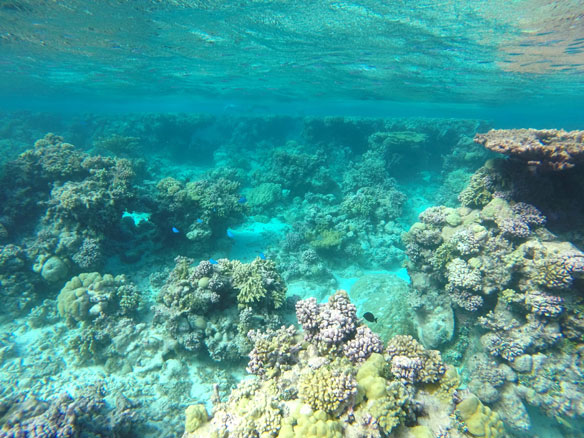
A landmark international study of the Great Barrier Reef has shown that in the past 30,000 years the world’s largest reef system has suffered five death events, largely driven by changes in sea level and associated environmental change.
You Can Help Turn the Tide on Plastic. Here’s How.
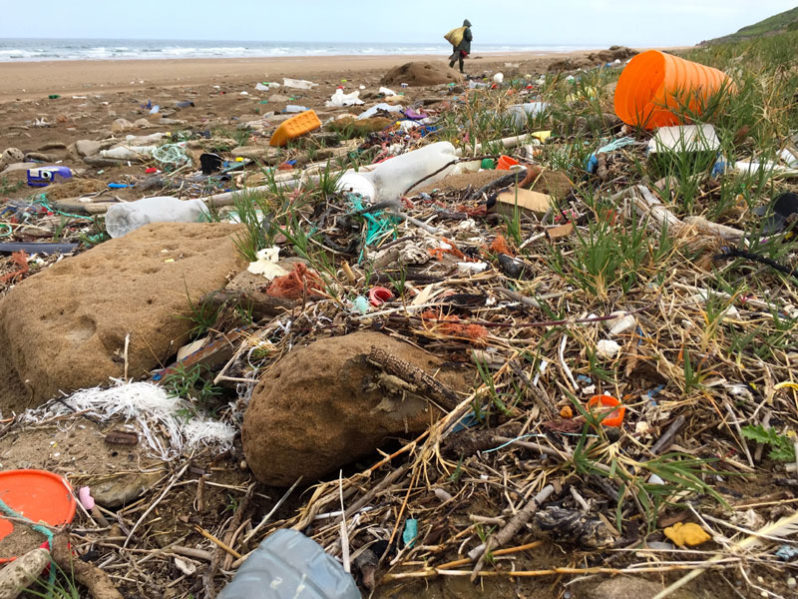
Do these six pain-free things, and you’ll help reduce the impact plastic is having on oceans and other waterways around the world.
Jobless Cape Coast youth venture into illegal beach sand winning; Ghana
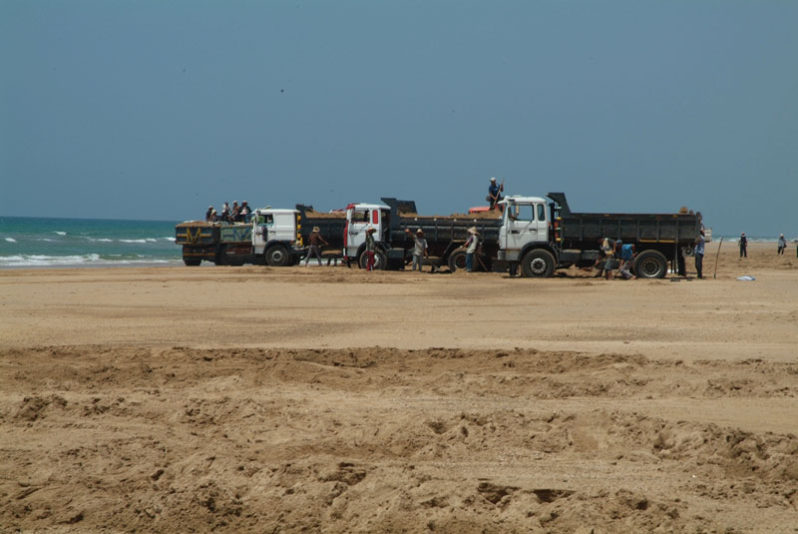
The youth at Bakaano, a suburb of Cape Coast, have taken to illegal mining due to the unavailability of jobs.
New York city to consider banning plastic straws
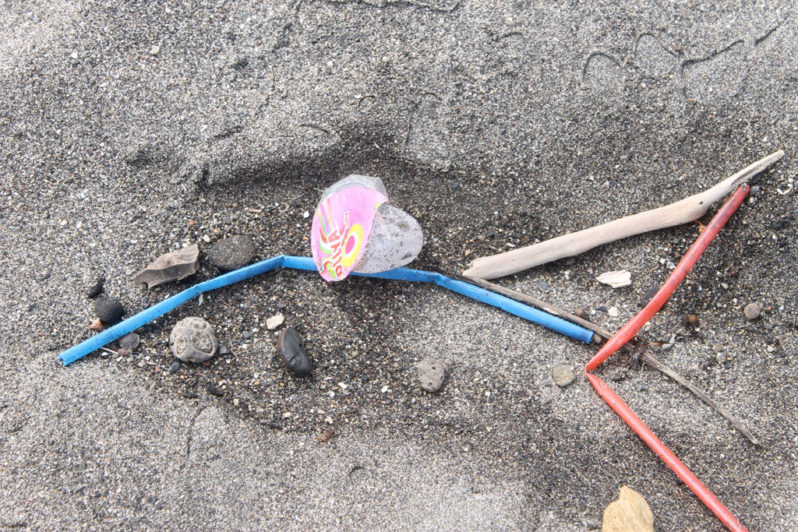
If the bill becomes law, restaurants that continue to use plastic straws would be warned, then face fines between $100 and $400.
Del Mar takes another look at rising sea level and unpopular ‘planned retreat’
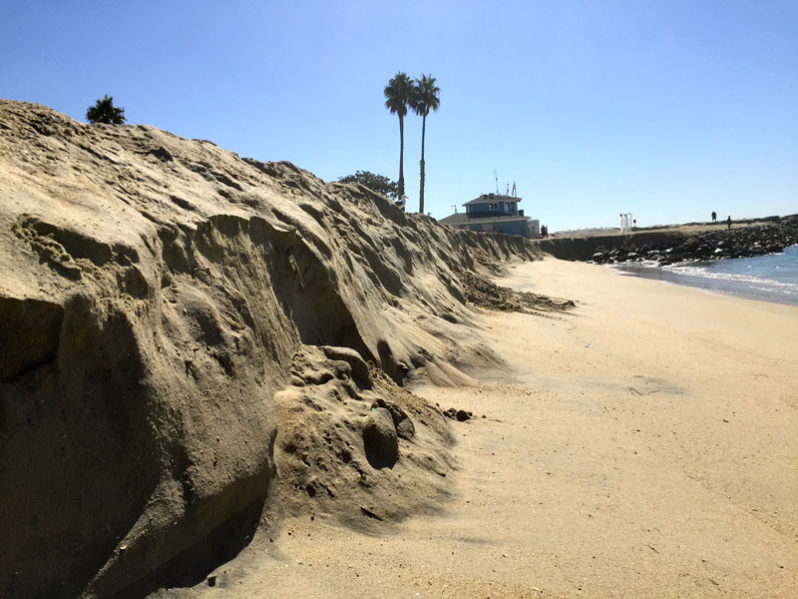
The California Coastal Commission requires all coastal cities to have a sea-rise adaptation plan, and to include planned retreat as part of their strategy.
Fukushima radioactive particle release was significant, says new research
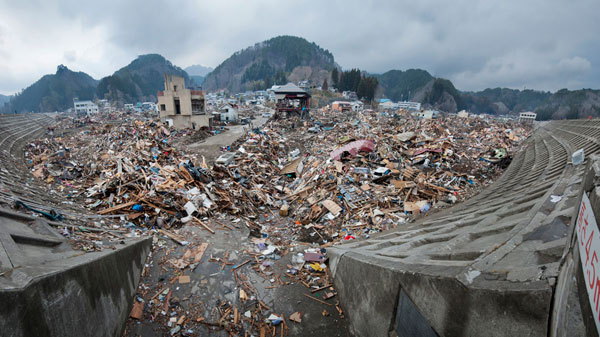
Scientists say there was a significant release of radioactive particles during the Fukushima-Daiichi nuclear accident. The researchers identified the contamination using a new method and say if the particles are inhaled they could pose long-term health risks to humans.
